
There’s a safety gap in New York City hospitals that puts the lives of black women at much greater risk than white women. Experts say better hospital culture can reduce the risks.

There’s a safety gap in New York City hospitals that puts the lives of black women at much greater risk than white women. Experts say better hospital culture can reduce the risks.
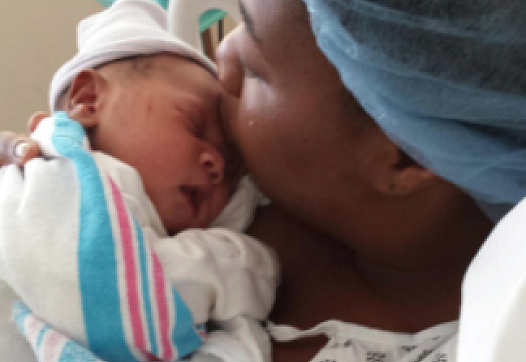
WNYC is collecting stories about how New York City hospitals handle complications during childbirth, and the station is looking for personal stories.
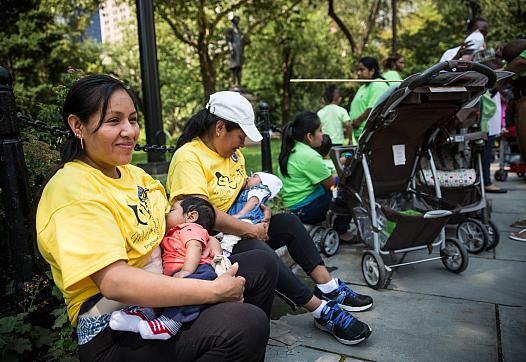
Breastfeeding rates have risen in recent years, but big differences remain between states. Here's a look at the latest numbers and why many moms still find it hard to breastfeed.
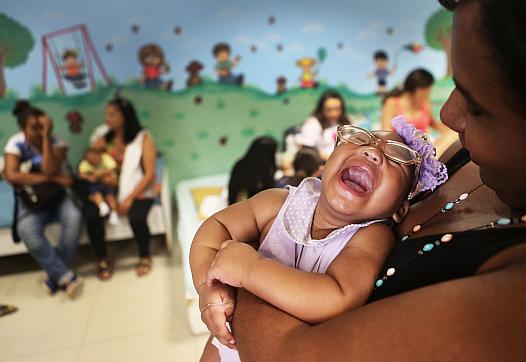
Zika has become the biggest health story of the summer, and the volume of coverage reflects that. But some of the most interesting reporting has started to focus on the longer-term effects of the virus on children.

Criminalizing pregnant women and new mothers for drug dependency problems leads to poorer health outcomes while disproportionately punishing low-income women of color, argues maternal health advocate Emily Eckert.
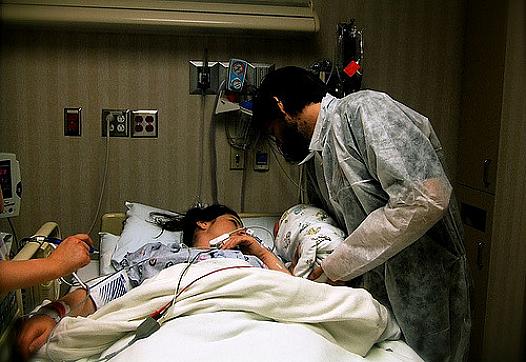
Variation in C-section rates has been well explored, but journalistically, there is much more to do: What is the impact on women from these surgeries? What are the costs? What strategies are working to reduce rates?

A new data-rich almanac on maternity care in California highlights persistent racial disparities in prenatal care and maternal mortality rates.

Infant mortality may be one of the most cold, impersonal terms out there, especially when what we're talking about is dying babies....

Tennessee was one of four states that recently passed important new laws taking aim at the country's high maternal death rate. Yet you’d be hard pressed to find out about the legislation from reading the news.
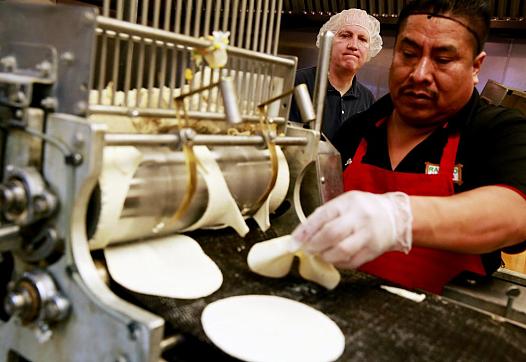
The FDA finally took action on a long-delayed petition Thursday, allowing folic acid to be added to corn-masa flour to potentially prevent birth defects. The vitamin has been added to other grains for years.